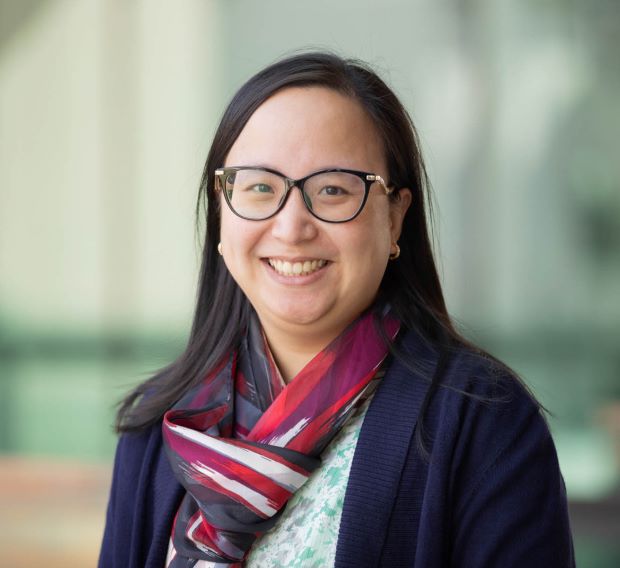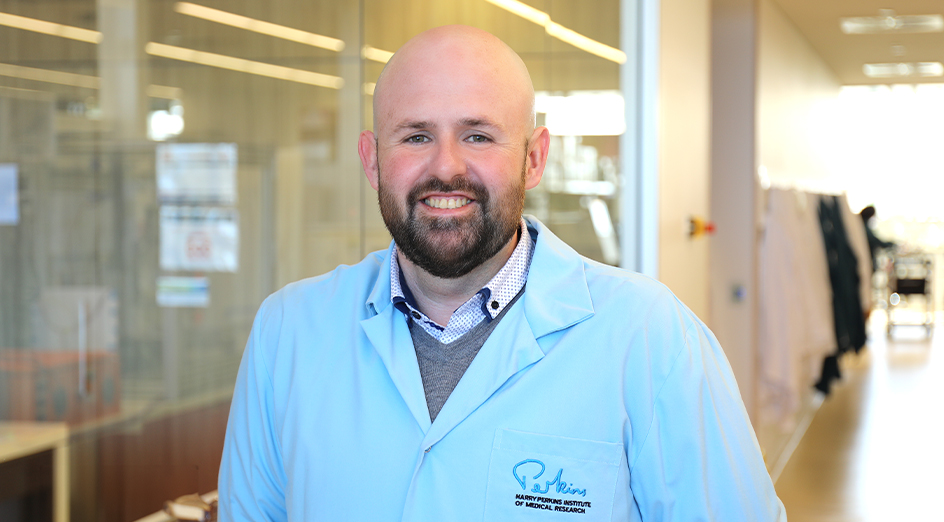When Dr Lydia See graduated from The University of Queensland’s School of Dentistry she became one of only a handful of qualified special needs dentists in Australia.
This year there are two graduates from The University of Queensland’s Doctor of Clinical Dentistry (Special Needs Dentistry) program.
Dr See has been a general dentist for over 10 years and has been inspired by experiences helping vulnerable and socially disadvantaged people through volunteer work.
“We moved to Australia from Myanmar when I was 7 and growing up my parents instilled in us the importance of giving back to the community,” Dr See said.
“I’ve been involved in charity work since I was a teenager.
“After graduating from dental school in Western Australia, I was fortunate to practise dentistry in the public, private, volunteering and hospital sectors and I treated a lot of socially vulnerable patients with complex medical and dental issues.
“It was a natural progression to consider moving into special needs dentistry.”
Dr See said special needs dentists treat patients with physical and intellectual disabilities, and those with complex medical, psychiatric, and social circumstances.
“These are people who might not have a great ability to self-care or have been unable to have routine dental visits, so their oral health has suffered,” she said.
“We don’t just treat teeth; we take a holistic approach and look at the patient’s medical, psychological and social circumstances.
“Sometimes it’s a case of rapport building which takes time and patience, so most of our initial appointment can be spent talking and getting to know our patients.”
 Dr See said for one young patient, the key to overcoming an aversion to dental visits was connecting through music.
Dr See said for one young patient, the key to overcoming an aversion to dental visits was connecting through music.
“I always try to play music in the clinic and discovered this young lady with autism was a Disney fan, so we’d play classical versions of the songs and have her guess what they were,” she said.
“Over multiple visits, she was eventually able to feel comfortable enough to trust us to undertake complex dental procedures and as a result, we were able to save the tooth.”
Dr See said she was excited about the potential to help more patients with a research project into silver fluoride.
“Silver fluoride has been around in dentistry for a long time, but we’ve taken a fresh look at how it can be used to manage the rate of tooth decay in adult patients with special needs,” she said.
“Controlling decay can be difficult for people with special needs so finding a material to help get it at least under control would be fantastic.”
Dr See said she was excited to continue her clinical and research work with people with special needs.
“I really want to drive a change to help provide increased and improved oral health care access to this important population.”
Above left: Dr Lydia See.







